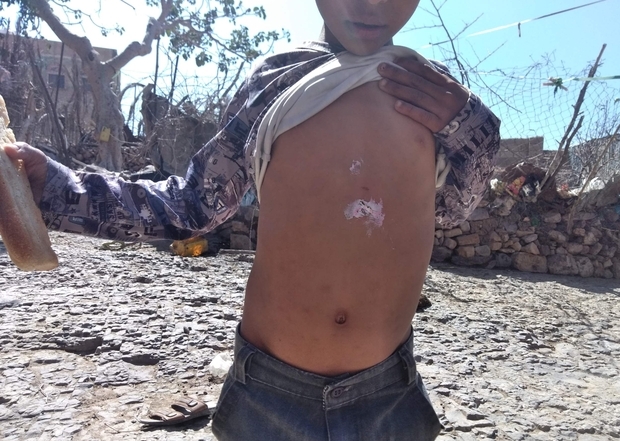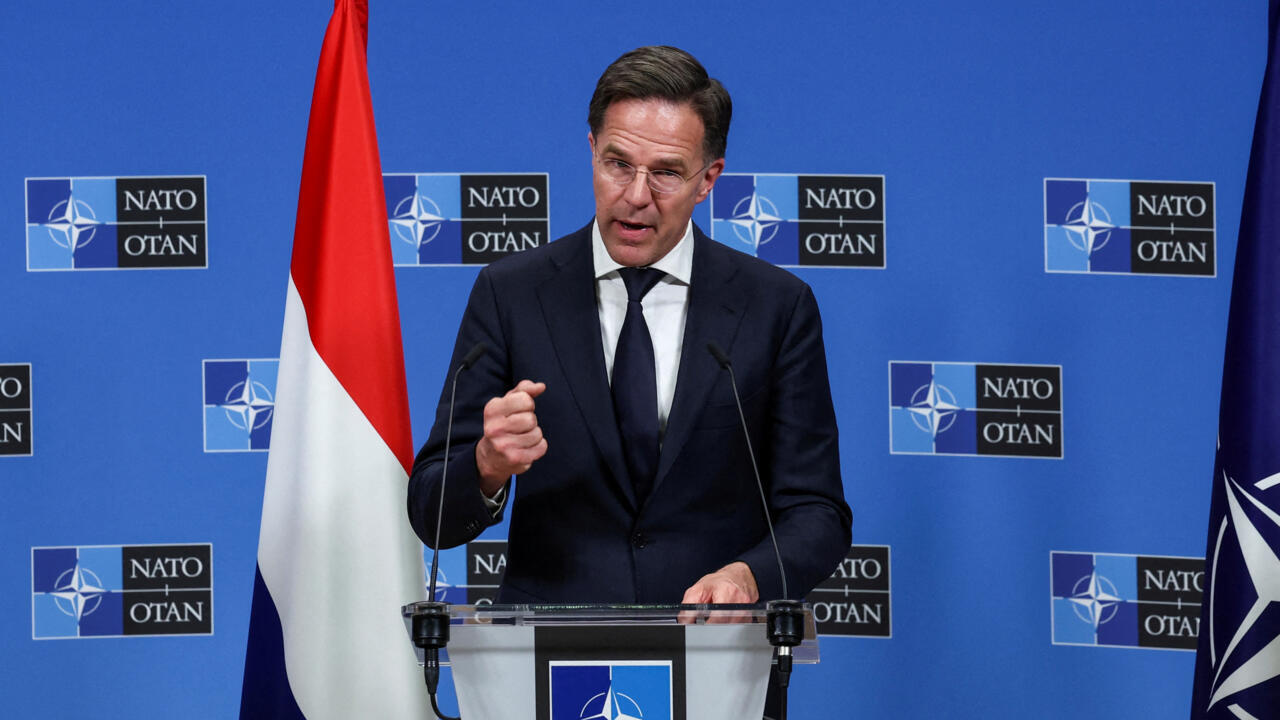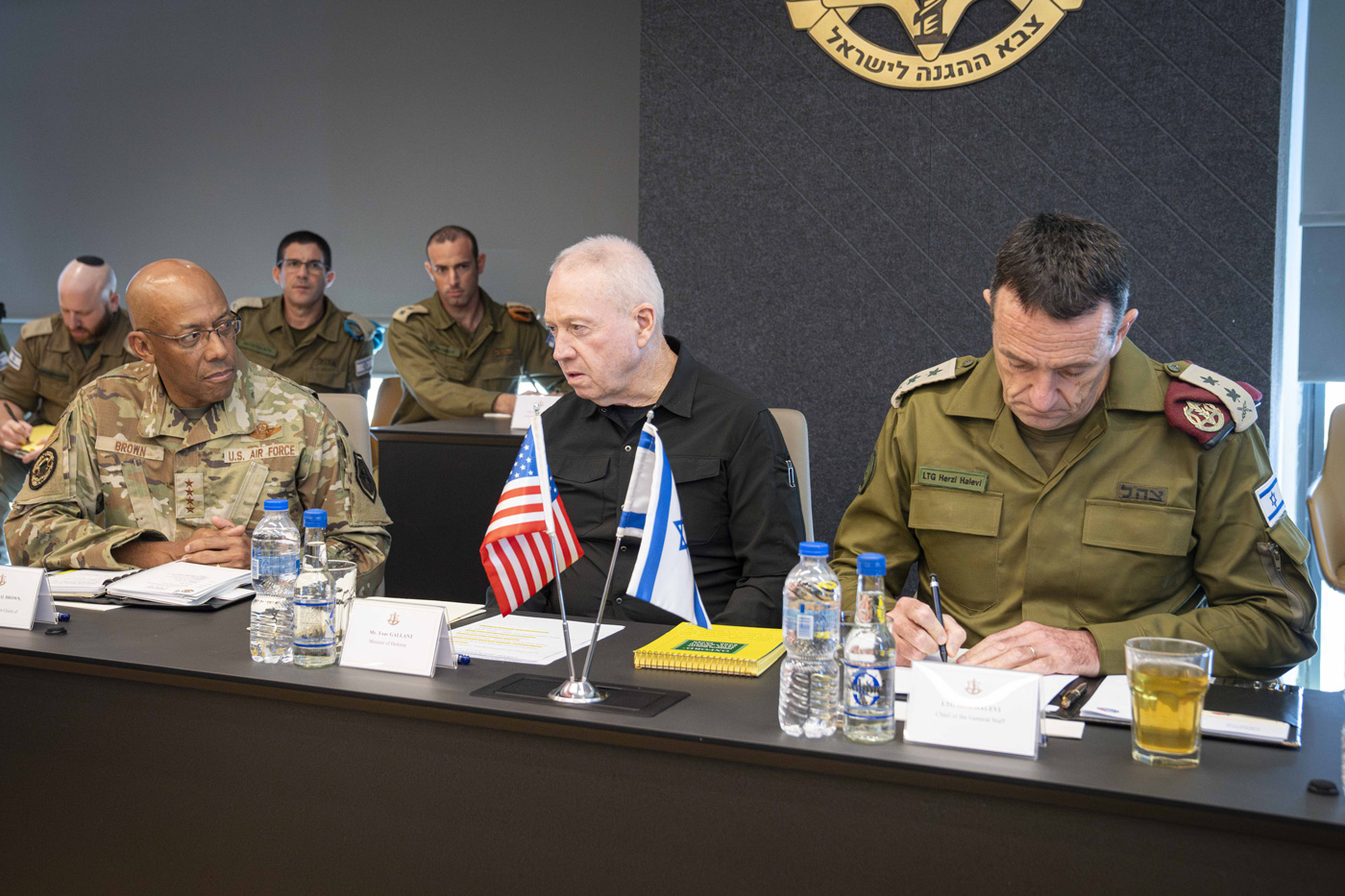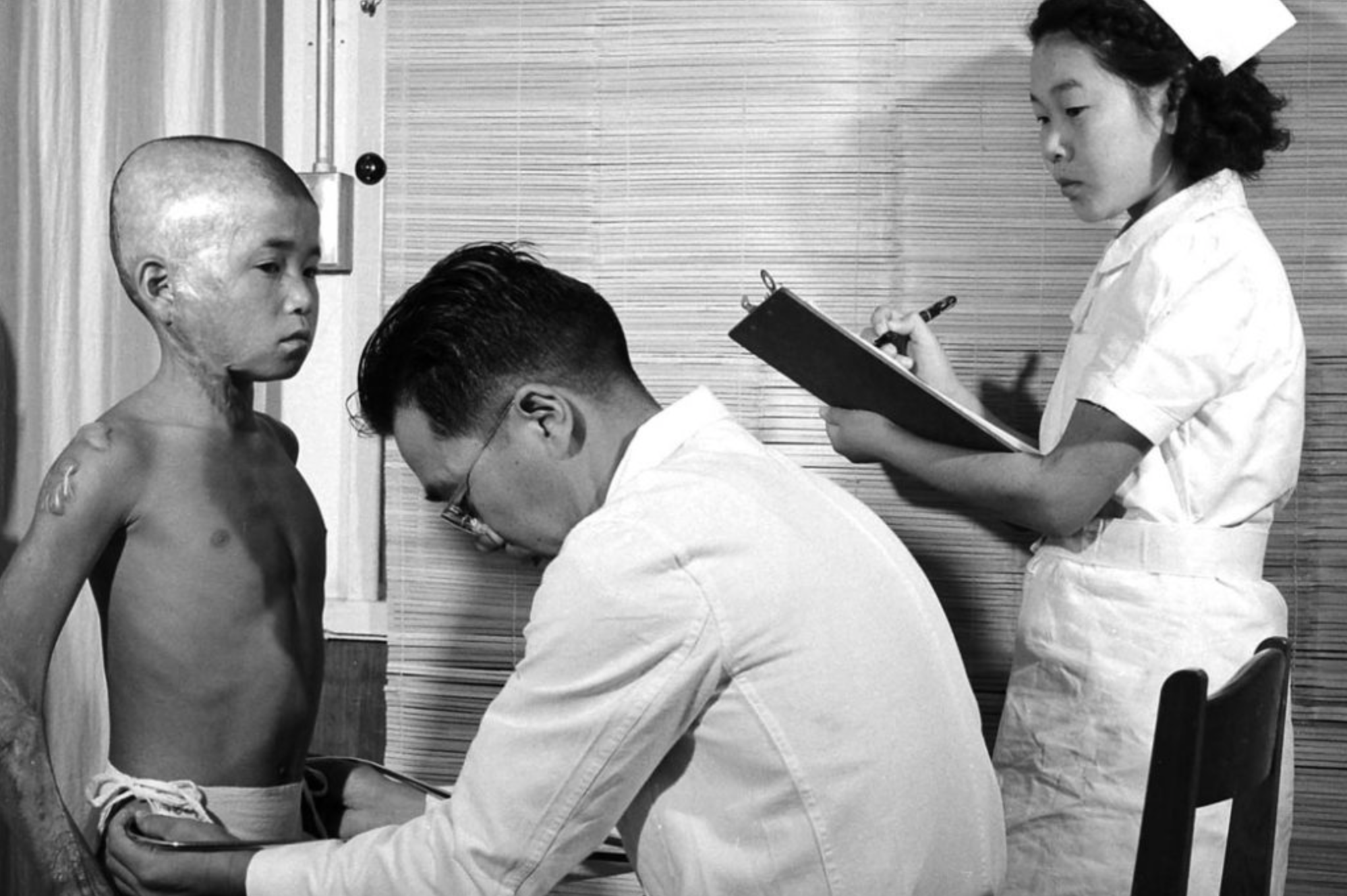Yemen, where traumatized child wars are marked with hot iron
- The United Nations (UN) has recently warned that there are 13 million people in Yemen who are hungry and that if the war does not calm down soon the situation may bring “the most serious hunger the world has known in these 100 years.” At the same time, the UN itself is not able to find a diplomatic solution to the war that was, at first, an internal conflict in Yemen and which Saudi Arabia has internationalised, without disrupting the happiness of European and American businesses that we sell arms to the Arab Emirates, such as the Saudis.

Mrs. Mekkia Mahdi is a doctor at Aslam in northeastern Yemen. When asked by Der Spiegel's Christoph Reuter, he finds the doctor trying to save an 11-year-old boy who is the weight of a newborn baby: “I don’t understand the stunt that has caused the murder of Jamal Kaxoggi in the world, because meanwhile millions of Yemeni boys and girls suffer from them without anyone worrying.” This very week a child dies every day in this terrible situation.
Wikipedia, one of the most reliable sources of conflict reporting, said in mid-November that from 2015 to today in the Yemen war 57,538–80,000 people have died. This figure includes, in addition to the military and combatants killed in the fighting, 6,592 civilians attacked by military attacks and 500 civilians from Yemen from Saudi Arabia. By 2017 alone, according to NGO Save the Children, more than 50,000 children starved to death and 2,310 people killed by cholera have been taken to the hospital. On 21 November, however, Save the Children revised the number of children killed and raised it to 85,000, 30,000 more than in 2015. In addition to the deaths, 49,960 people have been injured and 3,154,000 have fled their homes in Yemen, which has a population of 24 million.
Armed conflicts inside Yemen began in 2004, but in 2015 it became a real international civil war, when the Huthis rebels seized the capital of Sanaa and participated in support of the lehendakari Mansur Hadi, expelled by them, Saudi Arabia, followed by the Arab Emirates Senegal, Morocco, Sudan and Qatar, as well as the American private war. In Yemen, the Islamists in Ansar Al-Sharia were also taking action, and so aircraft and troops were dispatched from Great Britain, the United States and France. Sauit and its partners, for their part, denounce that the Huthis Shiis receive aid from Iran, which is the country where they live.
After all, the confused strands of geopolitics make irreparable what began the civil war in Yemen. An important detail: The UN has as its legitimate authority the government of Mansur Hadi, which has been backed by the Saudis. The attempts to negotiate so far have failed. The last, last September, was organized by the UN mediator, Martin Griffiths, taking advantage of the mobilization of women from Yemen in Geneva, Switzerland. Defeat again: Hadi neglected Griffith’s offer – even though he sent a large delegation to Switzerland – the Huthese were not explained because the UN did not guarantee them the security of returning home altogether… and the women who came from Yemen to Geneva were kept in a corner.
The scarcity of vegetation in the Yemeni desert on the shore of the sea has been seriously affected by the war. On the one hand there is the collapse of agriculture, partly because the military and the combatants on both sides have made a special effort to destroy the camps controlled by the opponents. And on the other hand, 90 percent of the food you have to bring from the outside is blocked by land, air and sea ... As a result, 13 million of the 24 million Yemenis are starving and 6 million are in danger of food escaping.
Another serious problem is the lack of water. In a naturally arid land, its effects accumulate like a crazy wheel, climate warming, depletion of aquifers due to lack of rainfall and salinization of groundwater. In the war, moreover, many reservoirs and reservoirs have been destroyed, as well as reducing water, which have become more expensive. International organizations are unable to address this shortcoming: 20 million people have both clean water and clean sewerage.
Not a doctor, not a medication... Who to address?
The responsibility of the United States in the Yemen disaster has been mentioned a great deal, but we Europeans also have reason to lose the dream: The countries of the European Union have sold EUR 76,062 million worth of arms to Saudi Arabia and the United Arab Emirates since 2015, according to the Middle East Eye. This figure multiplies by 55 the money that those countries have contributed to the UN humanitarian aid plan for Yemen.
Although several European governments have already ordered the sale of arms to the Saudis to be stopped, Germany and Denmark are the only countries that have done this so far. Britain, France and Spain continue to do business as usual; in other words, the Basque armoury companies continue to feed the Yemeni war again, such as Sener and SAPA.
To further worsen the situation of the population, the tremendous annulment of Yemen’s currency, which today costs a quarter of what Real was worth in 2015, has greatly increased food, fuel, water and medicines. It has largely happened because President Hadi, accompanied by the Saudis, dismantled the Central Bank of Yemen on the pretext of appropriating its entirety. Even if it sounds like a lie, until then the public bank guaranteed the salaries of 1.2 million officials, that is, the lives of six million people. The Bank was the last institution to keep the country without completely sinking it. And they exploded.
Now Yemen, like members of NGOs, warns journalists that citizens have no place to go to care for the sick and wounded. The correspondent of East Eye, Middle East, sent his brute chronicle from Hodeidah on November 5: “Desperate Yemenis mark their traumatized children with hot iron.”
Hana Absi, 12, was returning home from school when on October 14 a couscous exploded him nearby. Surrounded by bloody corpses, he lost consciousness. Since then he has been living under harsh psychological trauma. The senior father hasn't paid a salary in the last two years, they don't have money to eat decently, much less to travel to a distant hospital. Ama Wala, like so many others, has considered the child as the last option to mark it with iron, following the old Arab proverb: “Last remedy, mark with iron.”
“The old woman,” says the mother, has warmed the iron to the height and put the iron on her daughter’s belly. Ana cried hard and pity me. He then gave her toothpaste to relieve her pain. (...) I don't think branding is a treatment, but adding a second harder to the previous pain, to remove black thoughts from children."
The doctors in Yemen have warned of the dangers of these ancient methods. Walaa also calls for traumatized children to be cared for by doctors. But neither he nor many others have any other choice within his grasp.
Vietnam, February 7, 1965. The U.S. Air Force first used napalma against the civilian population. It was not the first time that gelatinous gasoline was used. It began to be launched with bombs during World War II and, in Vietnam itself, it was used during the Indochina War in... [+]
We are in the midst of a world imperialist offensive led by the Western bourgeoisie. The form that the imperialist offensive has taken is that of war, with all its variants: economic war, cognitive and cultural war, lawfarr; and, of course, military war. Western imperialism has... [+]
Year of War, year of lie!
That is what the phrase says, and that is what reality confirms.
Given the situation of war in the world and in Europe, its constant upturn and the possible consequences that this has had and will have in Euskal Herria, last December several citizens... [+]
On 26 December, during an air strike, the Israeli Army killed five Palestinian journalists trying to reach the city. They killed 130 Palestinian journalists. This news has reminded me of a couple of things, the first, the persecution of true journalists in any part of the world,... [+]
The Centre Tricontinental has described the historical resistance of the Congolese in the dossier The Congolese Fight for Their Own Wealth (the Congolese people struggle for their wealth) (July 2024, No. 77). During the colonialism, the panic among the peasants by the Force... [+]
On November 25, International Day against Male Violence, the Steilas Feminist Union Feminist Secretariat has published a poster: Our body is a battlefield, and all the schools in Hego Euskal Herria have received it. We wish to denounce the violence suffered by women and children... [+]
“The time has come for courageous, comprehensive and noble proposals (…) for Euskal Herria to re-enter the world’s revolts,” said friend Hartu López Arana in her opinion article “For an effective aggression” published in ARGIA magazine in July 2018. Six years have... [+]
Japan, 6 and 9 August 1945, the United States launched an atomic bomb causing tens of thousands of deaths in Hiroshima and Nagasaki; although there are no precise figures, the most cautious estimates indicate that at least 210,000 people died at the end of that year. But in... [+]
The nuclear winter theory Paul J. It was the result of an investigation published in 1982 by Crutzen and John Birks. According to this study, "nuclear explosions and subsequent fires would release large amounts of soot, dust and ash into the atmosphere, causing a notable... [+]
On this rainy Sunday, we are responsible for the fate of people living in disquiet at the various conflicts that exist in the world. By far, it seems that we cannot be freed from the hands of many rulers acting towards power. Many human beings live in the world with the... [+]














.jpg)




